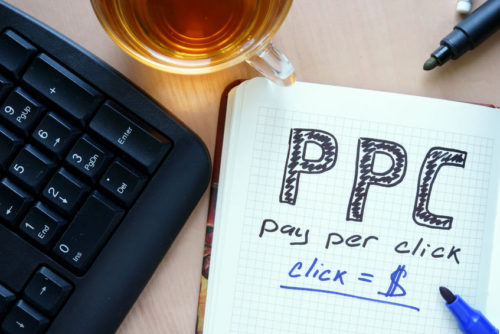2 minute read.
PPC stands for pay-per-click, and is when advertisers pay each time someone clicks on an ad. While you might think that PPC is something that only larger firms with marketing teams would use, but smaller firms and sole practitioners can use PPC to compete with these larger firms.
Google is the best-known PPC platform, but there are many others, including Bing Ads.
PPC networks like AdRoll, RevContent, and Bidvertiser generate billions of clicks each month. They display ads on third-party websites signed up to the scheme. Don’t forget, not every website out there is signed up to Google ads.
Social PPC is well worth considering if you want to boost your reach. Facebook users find it harder to block ads, so there is a greater chance that potential clients will see your ads in their timeline. Also, ads are more seamlessly integrated into other content, so less likely to be ignored, although Google is becoming increasingly sneaky about disguising sponsored content in web searches.
Twitter ads and LinkedIn ads might be worth trying. LinkedIn is potentially a good move if you are targeting B2B clients.
However it’s important to do your research before you launch into doing PPC because it can be easy to overspend if you don’t properly optimise your keywords.
If you’d like to read more marketing tips from accountants you can download our full e-book here.






